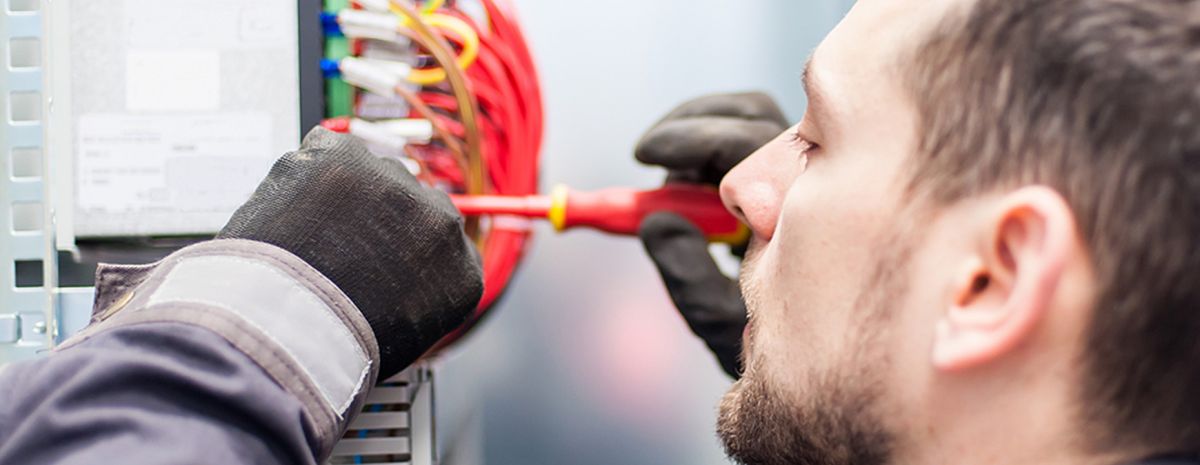TWS is a Great Training Option for Everyone
Learn more about how we can prepare you to advance your career.
As an electrical lineworker, it is important to understand the fundamentals of an electrical power system. In this career, you will be working with substations, electrical currents, transformers, power lines, and other electrical power fundamentals. Interested in learning more about the fundamentals of an electrical power system? Tulsa Welding School (TWS) now has an Electrical Lineworker program at the Dallas Metro campus. In as little as 3 ½ months, you can start a lifelong career as a lineworker in Dallas.
What are the Fundamentals of an Electrical Power System?
There are four fundamental elements of an electrical power system. They include:
Electricity Supply – the supply of electricity connected to consumers. Most companies use a grid system powered by many different types of energy generation. Wind, solar, fossil fuel, and hydroelectric, to name a few. Many energy distribution systems consist of step-down transformers, cables, and overhead lines. That is where the trained lineman comes into the picture. They need to be trained to manage, diagnose and repair electrical power systems, and TWS can help.
Transmission – transmission lines carry electric energy through the electric power system. They can carry alternating current (AC) or direct current (DC) or a combination of both. Primary transmission occurs when a large quantity of electrical power is transferred from an initial generating station to the substation in overhead electrical lines. When the electrical power reaches the receiving station, the voltage is stepped down to a lesser voltage, a process called secondary transmission. The electricity can be stepped down again as it gets closer to cities and towns.
Have You Considered a Career in the Skilled Trades?
Fill out the form to recieve a no obligation info packet.
Distribution – electric current is carried in overhead or underground lines to a distribution center. The electricity is stepped up using a transformer to a voltage level, depending on the distance it must travel. A power distribution system consists of:
- Distribution Substation – where the electricity is stepped down to a lower voltage.
- Feeders – lower voltage is carried to the distribution transformers in electrical feeders.
- Distribution Transformers – provides final transformation in the electric power distribution system.
- Distributor Conductors – output from a distribution transformer is carried by the distributor conductor. Electricity is taken from a distributor conductor directly to the end consumer.
- Service Mains Conductors – a small cable connected to the distributor conductor at the nearest pole to the consumer.
Loads – the consumer demand in a power system. This includes an electrical device or component that consumes electrical energy and converts that energy into power. There are a few common types of electrical loads, they include:
- Resistive Load – a load that consists of a heating element. A resistive load obstructs the flow of energy in the circuit and converts it to thermal energy.
- Inductive Load – uses a magnetic field within a transformer, generator, or motor. An inductive load has a coil that stores magnetic energy when current passes through it.
- Capacitive Load – the current wave leads the voltage in a capacitive load. Capacitors are used in large power circuits to control power usage.
Want to Learn More?
Because becoming a lineman is a hands-on job, technical training is typically required for anyone to enter this field. Many people decide to invest in a trade program to learn the trade skills they need to be safe and effective as a professional. To learn more about our Electrical Lineworker program offered at the Dallas Metro campus contact us at Tulsa Welding School, call (214) 227-9911.
This blog has been labeled as archived as it may no longer contain the most up-to-date data. For a list of all current blog posts, please visit our blog homepage at https://www.tws.edu/blog/







